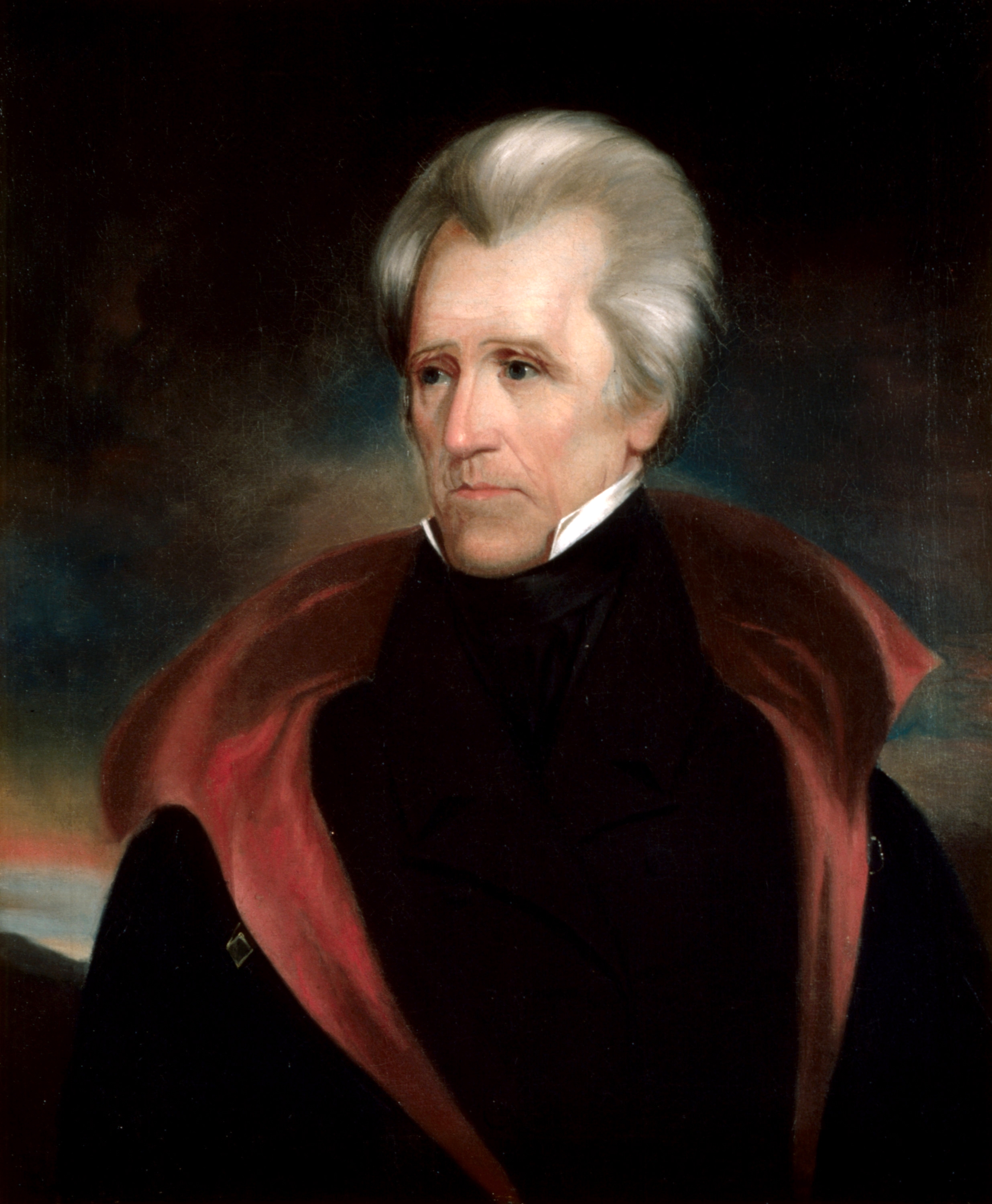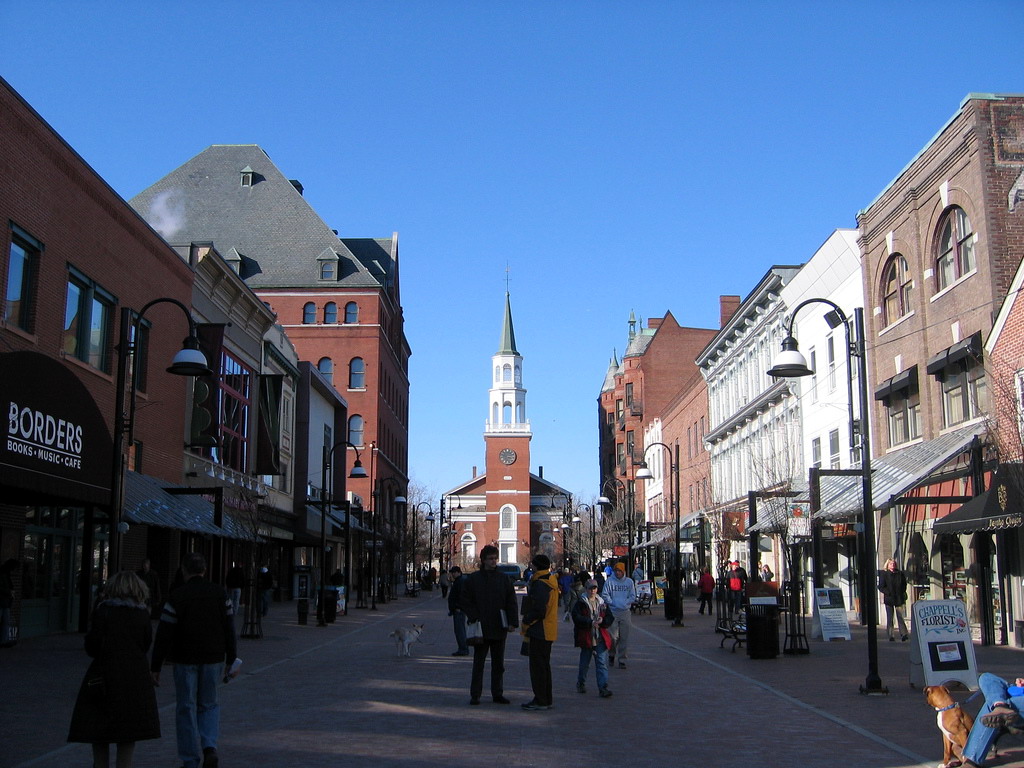|
Ezra Butler
Ezra Butler (September 24, 1763July 12, 1838) was an American clergyman, politician, lawyer, judge, the 11th governor of Vermont, and a United States representative from Vermont. Biography Butler was born in Lancaster in the Province of Massachusetts Bay. In 1770 he moved with his parents to West Windsor, Vermont. His mother died while he was still a boy, and, after living with his elder brother for several years, he engaged in agricultural pursuits in Claremont, New Hampshire, until he was an adult. He served in the Continental Army for six months in 1779 during the American Revolution. Career In 1775 Butler staked a claim as the second settler in Waterbury, Vermont. He returned in 1776 with his wife, Tryphena Diggins, with whom he eventually had eleven children. In 1785, Butler studied law in Waterbury, Vermont, and after he passed the bar, in 1786, he practiced law, and served as Town Clerk in 1790. In 1790, he began to think seriously on religious subjects, became a Ba ... [...More Info...] [...Related Items...] OR: [Wikipedia] [Google] [Baidu] |
Aaron Leland
Aaron Leland (May 28, 1761 – August 25, 1832) was a Vermont minister and politician who served as the seventh lieutenant governor of Vermont. Biography Aaron Leland was born in Holliston, Massachusetts, on May 28, 1761. He was ordained as a Baptist minister in 1785 and settled in Chester, Vermont, in 1786. Leland was a successful pastor and preacher, building up a church which gave rise to congregations in Andover and Grafton, Massachusetts and Weathersfield and Jamaica, Vermont. Active in politics as a Democratic-Republican, Leland served in local offices including Town Clerk and Selectman, and was Windsor County Assistant Judge for eighteen years. He also served in the Vermont House of Representatives from 1801 to 1808 and 1809 to 1811, and was Speaker from 1804 to 1808. He was also a member of the Governor's Council and served as one of Vermont's presidential electors in 1820. Leland served as Lieutenant Governor from 1822 to 1827. He declined to be nominated for ... [...More Info...] [...Related Items...] OR: [Wikipedia] [Google] [Baidu] |
United States Representative
The United States House of Representatives, often referred to as the House of Representatives, the U.S. House, or simply the House, is the lower chamber of the United States Congress, with the Senate being the upper chamber. Together they comprise the national bicameral legislature of the United States. The House's composition was established by Article One of the United States Constitution. The House is composed of representatives who, pursuant to the Uniform Congressional District Act, sit in single member congressional districts allocated to each state on a basis of population as measured by the United States Census, with each district having one representative, provided that each state is entitled to at least one. Since its inception in 1789, all representatives have been directly elected, although universal suffrage did not come to effect until after the passage of the 19th Amendment and the Civil Rights Movement. Since 1913, the number of voting representatives h ... [...More Info...] [...Related Items...] OR: [Wikipedia] [Google] [Baidu] |
1832 United States Presidential Election
The 1832 United States presidential election was the 12th quadrennial presidential election, held from November 2 to December 5, 1832. Incumbent president Andrew Jackson, candidate of the Democratic Party, defeated Henry Clay, candidate of the National Republican Party. The election saw the first use of the presidential nominating conventions, and the Democrats, National Republicans, and the Anti-Masonic Party all used conventions to select their candidates. Jackson won re-nomination with no opposition, and the 1832 Democratic National Convention replaced Vice President John C. Calhoun with Martin Van Buren. The National Republican Convention nominated a ticket led by Clay, a Kentuckian who had served as Secretary of State under President John Quincy Adams. The Anti-Masonic Party, one of the first major U.S. third parties, nominated former Attorney General William Wirt. Jackson faced heavy criticism for his actions in the Bank War, but remained popular among the general ... [...More Info...] [...Related Items...] OR: [Wikipedia] [Google] [Baidu] |
Governor
A governor is an administrative leader and head of a polity or political region, ranking under the head of state and in some cases, such as governors-general, as the head of state's official representative. Depending on the type of political region or polity, a ''governor'' may be either appointed or elected, and the governor's powers can vary significantly, depending on the public laws in place locally. The adjective pertaining to a governor is gubernatorial, from the Latin root ''gubernare''. Ancient empires Pre-Roman empires Though the legal and administrative framework of provinces, each administrated by a governor, was created by the Romans, the term ''governor'' has been a convenient term for historians to describe similar systems in antiquity. Indeed, many regions of the pre-Roman antiquity were ultimately replaced by Roman 'standardized' provincial governments after their conquest by Rome. Plato used the metaphor of turning the Ship of State with a rudder; the Latin ... [...More Info...] [...Related Items...] OR: [Wikipedia] [Google] [Baidu] |
Constitutional Convention (political Meeting)
A constituent assembly (also known as a constitutional convention, constitutional congress, or constitutional assembly) is a body assembled for the purpose of drafting or revising a constitution. Members of a constituent assembly may be elected by popular vote, drawn by sortition, appointed, or some combination of these methods. Assemblies are typically considered distinct from a regular legislature, although members of the legislature may compose a significant number or all of its members. As the fundamental document constituting a state, a constitution cannot normally be modified or amended by the state's normal legislative procedures in some jurisdictions; instead a constitutional convention or a constituent assembly, the rules for which are normally laid down in the constitution, must be set up. A constituent assembly is usually set up for its specific purpose, which it carries out in a relatively short time, after which the assembly is dissolved. A constituent assembly is a f ... [...More Info...] [...Related Items...] OR: [Wikipedia] [Google] [Baidu] |
Jefferson County, Vermont
Washington County is a county located in the U.S. state of Vermont. Named after George Washington, its county seat is the city of Montpelier (the least populous state capital in the United States) and the most populous municipality is the city of Barre. As of the 2020 census, the population was 59,807, making it the third-most populous county in Vermont, but the third-least populous capital county in the United States after Hughes County, South Dakota and Franklin County, Kentucky. Washington County comprises the Barre, Vermont micropolitan statistical area. In 2010, the center of population of Vermont was located in Washington County, in the town of Warren. History Washington County is one of several Vermont counties created from land ceded by the state of New York on January 15, 1777, when Vermont declared itself to be a distinct state from New York. The land originally was contested by Massachusetts, New Hampshire, and New Netherland, but it remained undelineated u ... [...More Info...] [...Related Items...] OR: [Wikipedia] [Google] [Baidu] |
Chittenden County, Vermont
Chittenden County () is the most populous county in the U.S. state of Vermont. As of the 2020 census, its population was 168,323. The county seat is Vermont's most populous municipality, the city of Burlington. The county has over a quarter of Vermont's population and more than twice the population of Vermont's second-most populous county, Rutland. The county also has more than twice the population density of Vermont's second-most dense county, Washington. The county is named for Vermont's first governor and one of the framers of its constitution as an independent republic and later U.S. state, Thomas Chittenden. The county has most of Vermont's fastest growing municipalities. It is one of the three counties that comprise the Burlington metropolitan area, along with the counties of Franklin and Grand Isle to the north and northwest, respectively. The University of Vermont, Vermont's largest university, is located in the county, as well as its affiliated hospital, the UVM ... [...More Info...] [...Related Items...] OR: [Wikipedia] [Google] [Baidu] |
Bolton, Vermont
Bolton is a town in Chittenden County, Vermont, United States. The population was 1,301 at the time of the 2020 census. The town is home to Bolton Valley, a popular ski resort. The main road passing through the town is U.S. Route 2, which follows the north bank of the Winooski River. Interstate 89 also passes through the town, parallel to Route 2, but does not have an interchange there. Geography Bolton is located in eastern Chittenden County, bordered to the east by Washington County. The main crest of the Green Mountains runs north to south through the eastern part of the town, and the Winooski River, running east to west, cuts through the mountains south of the center of the town. According to the United States Census Bureau, the town has a total area of , of which is land and , or 0.65%, is water. The town is predominantly rural. There are four principal settlements: * Bolton proper is in the Winooski River valley, on the north side of the river. * West Bolton is in the ... [...More Info...] [...Related Items...] OR: [Wikipedia] [Google] [Baidu] |


